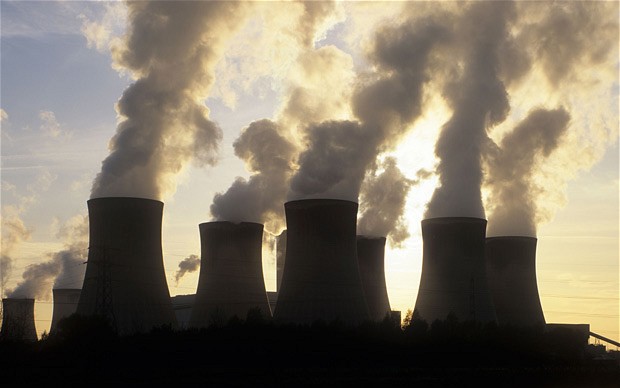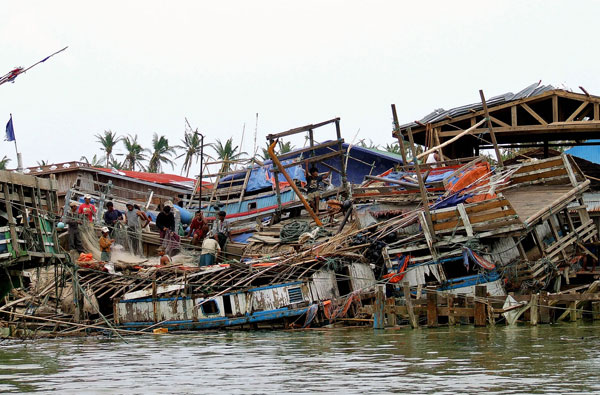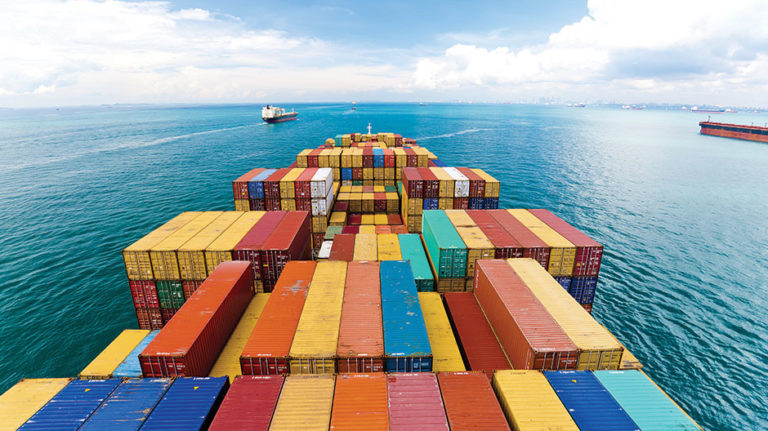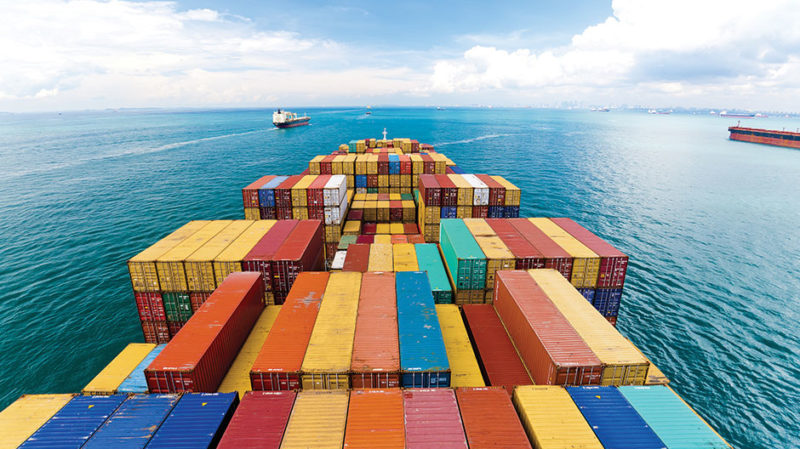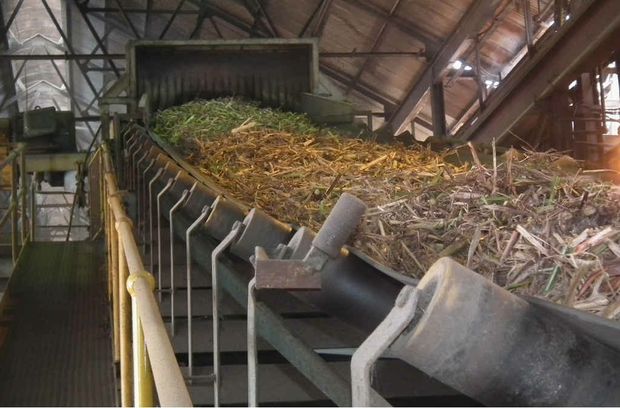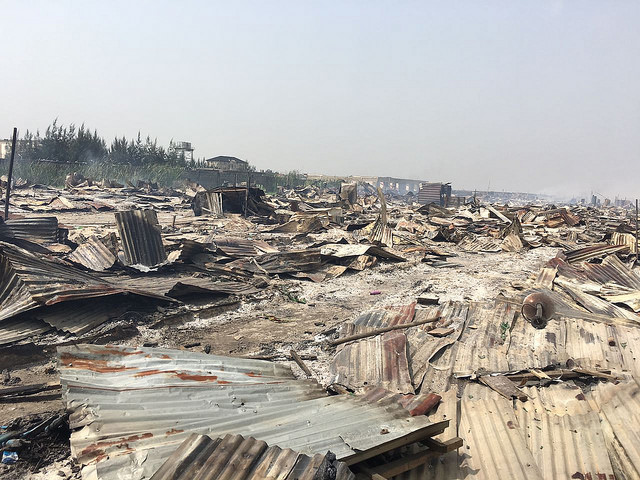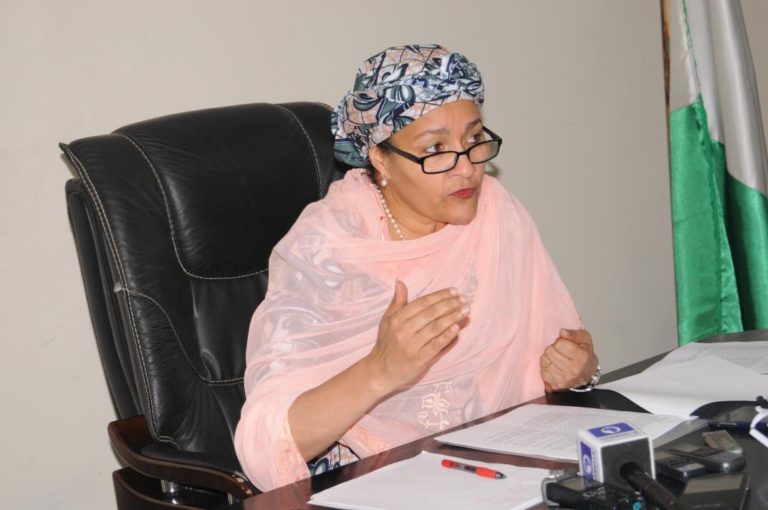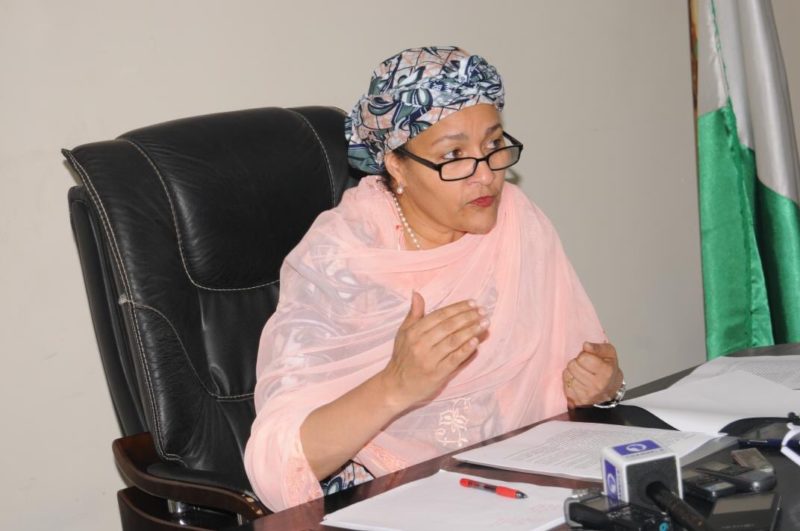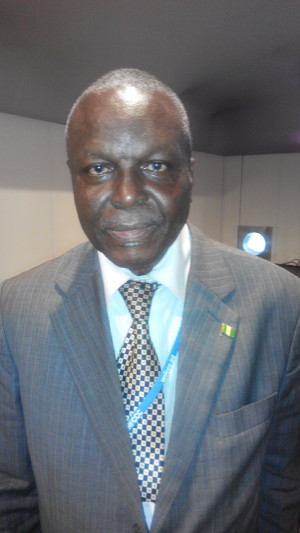Agricultural experts and leaders from all over the world have developed an ambitious plan to transform global agriculture, while responding to the challenge of climate change and real threats to the production of the planet’s major crops in a hotter world.
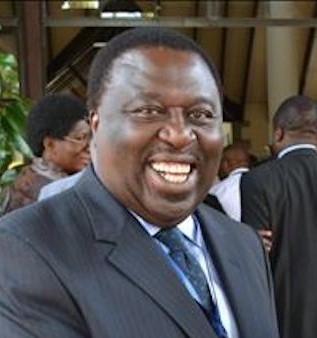
This is an outcome of a recent roundtable interaction held in Nairobi, Kenya seeking to create a roadmap that will implement the Global Action Plan for Agricultural Diversification (GAPAD), which is a declaration agreed upon by world leaders during the United Nations Framework Convention on Climate Change (UNFCCC COP21) in Paris in December 2015.
The GAPAD initiative had earlier been designed to support the Sustainable Development Agenda 2030, and to respond to the Declaration on Agriculture Diversification before it was adopted by the United Nations in September 2015.
“Currently, over seven billion people depend on just four major crops to supply three-quarters of their food,” said Dr Dennis Rangi, the Director General, Development, at the Centre for Applied Bioscience International (CAB International). And according to studies, the population is projected to reach nine billion by 2050.
“It is therefore becoming increasingly accepted that in a hotter world, options for agricultural diversification are needed that include a wider range of crops and cropping systems,” said Rangi, noting that there is need for increased species diversity and more resilient agricultural ecosystems that include new crops for food and non-food uses.
The GAPAD initiative is therefore addressing six of the 17 Sustainable Development Goals (SDGs): 2 ‘zero hunger’, 7 ‘affordable and clean energy’, 12 ‘responsible consumption and production’, 13 ‘climate action’, 15 ‘life on land’ and 17 ‘partnerships for the goals’. Agricultural diversification will also eventually contribute to achieving SDG 1 on ‘no poverty’.
Among the leaders and experts who deliberated on the initiative included representatives from the African Union Commission (AUC), the Sustainable Development Goals Centre for Africa and the Australian High Commission, representatives from research and development organisations and a host of journalists drawn from different media organisations.
According to Ruth Oniang’o, a Kenyan Professor in Food Science and Nutrition, agricultural diversification can improve nutrition, enhance food security and help alleviate poverty amongst other benefits.
The experts have therefore developed GAPAD targets based on each of the eight SDG2 targets but focused on the role of agricultural diversification, and have identified the priority activities needed to achieve these targets.
The next step will involve a small group of eminent, respected and highly qualified individuals who will distil and refine the output of the Nairobi roundtable, and integrate these with the distilled and refined outputs from the roundtables that addressed the other five SDGs being addressed by GAPAD.
The result is expected to be a compelling, credible, inclusive, authoritative and investable global plan for agricultural diversification in a hotter world, which has the support of all the relevant institutions.
It is anticipated that GAPAD will be formally launched in mid-2017. At the same time the bold plan for agricultural diversification will be submitted to the secretariat of UNSDA 2030.
In the meantime, GAPAD will seek to build a network of experts, stakeholders, institutions, governments, regional and international organisations, and distinguished individuals to support and champion this urgent and important initiative.

